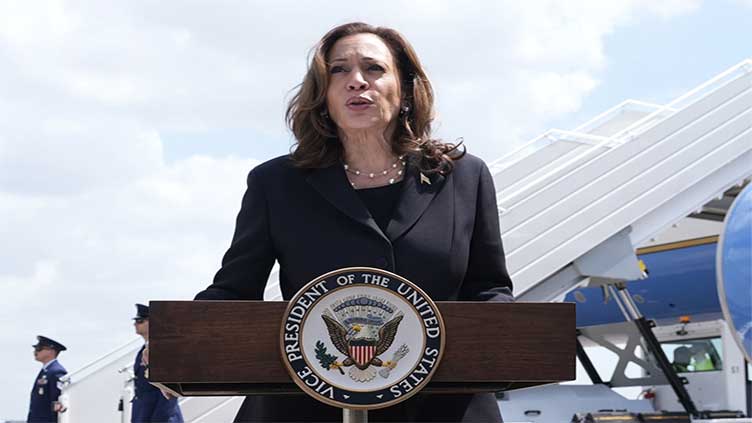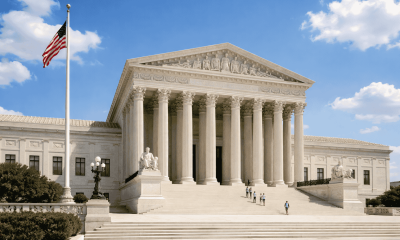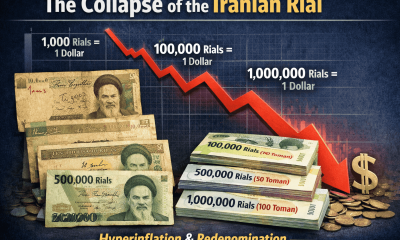
NEW YORK (WSN) — Amid ongoing concerns over inflation and high grocery prices, Vice President Kamala Harris proposed on Friday a ban on “price gouging” by food suppliers and grocery stores. This proposal is part of a broader strategy to reduce the costs of housing, medicine, and food.
Harris’ proposal directly addresses a notable weakness in her administration: under the Biden-Harris administration, grocery prices have surged by 21%, contributing to an overall inflation increase of about 19%. This has led to widespread dissatisfaction with the economy, despite historically low unemployment rates. Although wages have increased significantly since the pandemic and have outpaced inflation for over a year, many Americans still find themselves struggling with high costs.
“We all know that prices surged during the pandemic due to supply chain disruptions,” Harris stated in Raleigh, North Carolina. “However, with supply chains now improved, prices remain too high.”
The effectiveness of Harris’ proposal in lowering grocery prices is debated. Economists generally believe it won’t significantly impact current prices but might help in future situations. It’s uncertain how prevalent price gouging is at present.
Despite grocery prices remaining high compared to four years ago, they rose only 1.1% in July compared to the previous year, aligning with pre-pandemic trends. President Biden claimed victory over inflation following a report showing a 2.9% increase in July, the smallest in three years.
Michael Strain, an economist at the American Enterprise Institute, noted a contradiction between claiming victory over inflation and addressing alleged price gouging. Returning prices to pre-inflation levels is challenging and typically requires sustained economic downturns. Instead, economists often suggest that rising wages can help people cope with higher costs.
Harris is addressing inflation now because it remains a major political issue. Many voters blame grocery stores and food producers for recent price increases, with corporate profits having surged in the past two years.
Elizabeth Pancotti, a policy analyst at Roosevelt Forward, pointed out that while the cost of wood pulp used in diapers has dropped, diaper prices have not, increasing profit margins for manufacturers and retailers.
Regarding the role of price gouging in inflation, most economists attribute the price rise to simple supply and demand issues. Disruptions such as COVID-19 outbreaks in meat processing plants and Russia’s invasion of Ukraine, which affected grain prices, contributed to inflation. Additionally, increased consumer spending from stimulus checks and “revenge spending” after lockdowns exacerbated the situation.
Some economists believe that large food and consumer goods companies exploited pandemic-related disruptions to drive up prices, a phenomenon some term “greedflation” or “seller’s inflation.”
Harris’ proposal to ban price gouging raises comparisons to price controls, which were used during past inflationary periods but were criticized for causing shortages and long lines. Some economists view Harris’ plan as overly interventionist, while Pancotti sees it as a consumer protection measure, allowing the Federal Trade Commission to investigate unfair price hikes without setting specific price limits.











